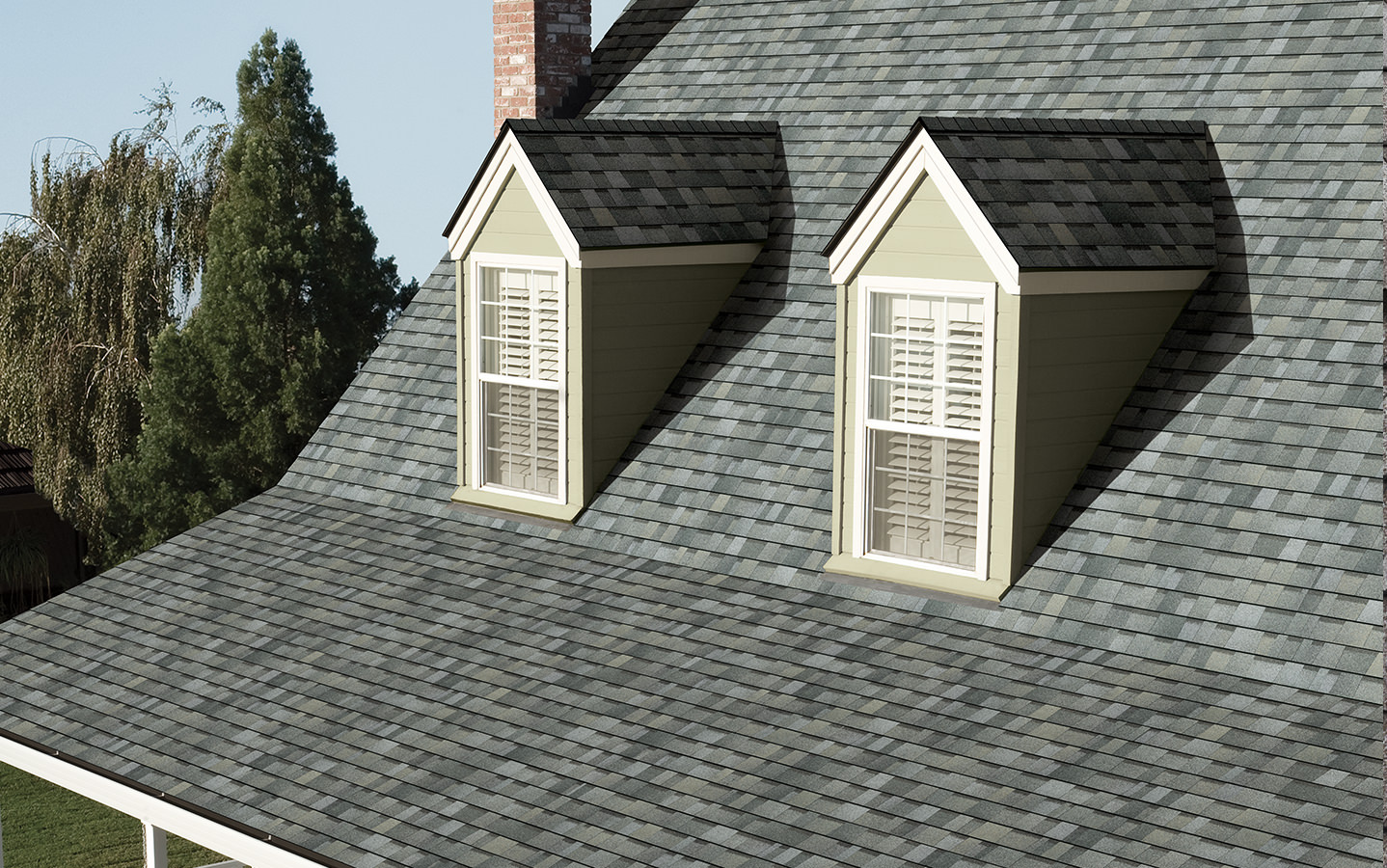614 Exteriors is the ONLY Atlas PRO+™ Diamond Level Contractor in the Greater Columbus Area and only 1 of 3 in the state of Ohio
Learn MoreDoes installing solar panels void a roof warranty? Learn what actually voids coverage, how to protect it, and how to coordinate roofing and solar in Ohio.

Installing solar is exciting, but nobody wants to gamble with a roof warranty. The good news: with the right materials, installers, and paperwork, you can add solar without sacrificing protection. In this guide, we break down how warranties actually work, when they can be voided, and how to keep your coverage intact.
Not by default. Most major shingle manufacturers allow solar mounts on their roofs without voiding the shingle material warranty—if the system is installed following their specifications and by qualified contractors. Problems arise when penetrations are flashed incorrectly or when non-approved methods are used. In other words, “does installing solar panels void a roof warranty?” depends on workmanship and compliance, not the panels themselves.
Roof warranties generally come in three flavors. A manufacturer/materials warranty covers the shingles or membrane against defects. An installer workmanship warranty covers the labor used to put the roof on. Some premium system warranties bundle materials and certain workmanship elements when approved contractors and accessory components are used. When solar is added later, each warranty can be affected differently depending on who did the work and how penetrations were sealed.
Leading brands publish clear guidance. GAF states that properly installed PV mounts do not void their limited shingle warranties; the key is following GAF’s details and avoiding improper penetrations. Owens Corning offers programs that coordinate new roofs and solar mounts under a combined limited warranty when installed by approved contractors. CertainTeed provides end-to-end coverage options when you use its approved solar and roofing systems. Bottom line: manufacturers are “solar-aware,” but they expect the roof to be treated like the weatherproof system it is.

Warranty language varies, but common triggers include improper flashing around racking feet, using non-approved adhesives or sealants, cutting or altering components against specs, or skipping required inspections and documentation. Poorly sealed penetrations that lead to leaks are the classic warranty killer. When people ask “does installing solar panels void a roof warranty?” this is usually where things go wrong—not the panels, but the details around them.
Ask your solar installer exactly which roof attachment they’ll use and how it’s flashed. For asphalt shingles, look for mounts that integrate with the shingle courses and metal flashing plates that tuck properly under the course above. For metal standing-seam roofs, consider clamp-on systems that avoid penetrations altogether. Keep job photos, component SKUs, and receipts. If your manufacturer requires an inspection or registration after solar is added, schedule it immediately. This paper trail is your warranty’s best friend.
Typically, no—roof-mounted panels are commonly treated as part of the dwelling and covered under standard homeowners policies. Coverage limits may need to be increased to reflect the system’s value, and certain perils (like wind or hail) can vary by region and by policy. It’s smart to call your carrier before installation and confirm whether your premium or coverage limits will change. For a quick primer, see this overview: Are solar panels covered by homeowners insurance?
Every roof opening is a potential leak if the details aren’t right. Extra loads from racking and snow drift must be accounted for, and future roof replacement is more complex because panels need to be removed and reinstalled. Glare can bother neighbors, and on complex roofs, array layout may be sub-optimal. None of these are deal breakers, but they reinforce why roof condition, layout, and attachment choices matter—especially if you’re protecting a long-term warranty.
If your roof is older or due for replacement in the next few years, consider a roof-first plan and install solar soon after. This minimizes penetrations on an aging roof and positions you for the longest possible overlap between roof and solar lifecycles. If you need help planning the sequence, we’re here for you at The #1 Rated Roofing Company in Ohio and can coordinate both Roof Installation or Roof Replacement with future solar in mind.
If a leak appears near a solar attachment, start with your roofer and your solar contractor—whichever did the relevant work. For weather events, your insurer may cover damage to both roof and panels if they’re part of the dwelling coverage. After severe weather, move quickly on temporary dry-in and documentation, then read this helpful guide: Should I Call My Insurance Company or a Roofer First After Storm Damage?. For repairs or replacement, we handle Storm Damage Roof Repair and full Storm Damage Roof Restoration to keep your claims process smooth.
Read both documents: the roof warranty and the solar installer’s workmanship warranty. Confirm who is responsible for leaks at roof attachments, and for how long. Capture photos of every mount location, flashing, and sealant; keep serial numbers and invoices. If your shingle brand offers solar-specific programs or enhanced coverages, enroll and follow their timelines. This is the practical way to ensure “does installing solar panels void a roof warranty?” remains a resounding no for your home.
Installed the right way—on a sound roof, with approved attachments, documented, and inspected—solar should not void your roof warranty. The risk isn’t the panels; it’s cutting corners on penetrations, flashing, or paperwork. Pair a good roof with a reputable solar installer, coordinate timing, and keep meticulous records. That’s how you enjoy clean energy while protecting the investment over your head.
